Description
In Igbo cosmology, akaraka is a complex concept of destiny that goes beyond simple fate. It is the cosmic purpose and spiritual path an individual agrees to with their Chi, or personal spiritual guardian, before birth. While a person’s akaraka sets the ultimate destination, their choices and efforts on earth determine the journey and its outcome.
This journey is influenced by seven interconnected components that make up a person’s complete akaraka.
The 7 components of akaraka
• Chi—Agreement with your spirit double: The central and most important element. The Igbo believe that before an individual comes to the world, their soul (Aka) and their personal deity (Chi) make an agreement about their purpose on earth. This initial pact sets the ultimate framework for one’s destiny.
• Eke—Fate: This refers to the pre-ordained aspects of life that are beyond an individual’s control. It includes elements like the circumstances of one’s birth and family, which form the foundational stage upon which the rest of akaraka unfolds.
• Ọnatarachi—Innate ability: These are the unique talents, skills, and gifts an individual is endowed with at birth. These innate abilities are essential tools given by one’s Chi to help fulfill their life’s purpose.
• Agu—Past life: The Igbo concept of reincarnation (ilo-uwa) is integral to akaraka. A person’s past life experiences (Agu), including any unfinished business, impact their current journey and spiritual growth.
• Kpakpando—Your star: This component represents a person’s personal star or guiding light. The star symbolizes the individual’s spiritual potential and the unique trajectory of their life path, as written in their palm.
• Ọgbọ n’uke n’ime oge—Your era/time: This refers to the cosmic and historical time period a person is born into. It suggests that a person’s destiny is influenced by the collective energies of their generation and the events happening in the world during their lifetime.
• Iyi ụwa—The cosmic oath: This refers to the cosmic contracts or oaths that a person’s soul may take that are tied to their akaraka. It often has karmic implications, reflecting the accumulation of positive or negative actions from past lives and influencing one’s experiences on earth.
The dynamic nature of akaraka
Unlike the rigid Western idea of fate, the Igbo view of akaraka is not static. It is a roadmap, not a fixed destination. While the divine plan is set, humans have agency and responsibility to actively work toward their purpose (ihe onye metalu).
• Human effort: The Igbo believe that a person’s destiny is a combination of what was given (akala) and the fruit of their hard work (aka). Success or failure is often seen as a result of aligning—or failing to align—one’s will with one’s Chi.
• Discovery and actualization: Part of the human journey is discovering one’s true akaraka through self-discovery and spiritual practices like divination (Ị́gba Afa). The ultimate goal is self and cosmic actualization, contributing to spiritual evolution.
• Influences: The course of one’s akaraka can be shaped by interactions with others, spiritual alignment, and ritual practices to honor ancestors and deities.
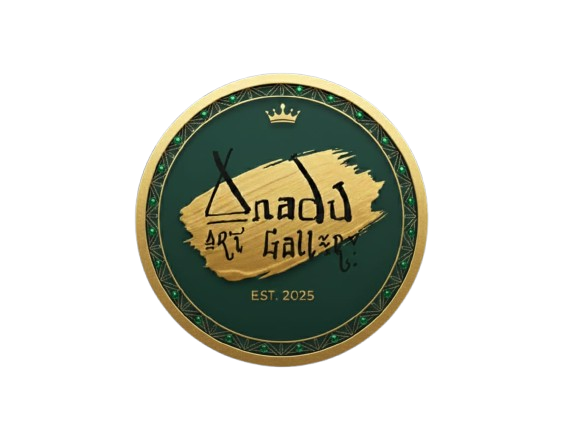
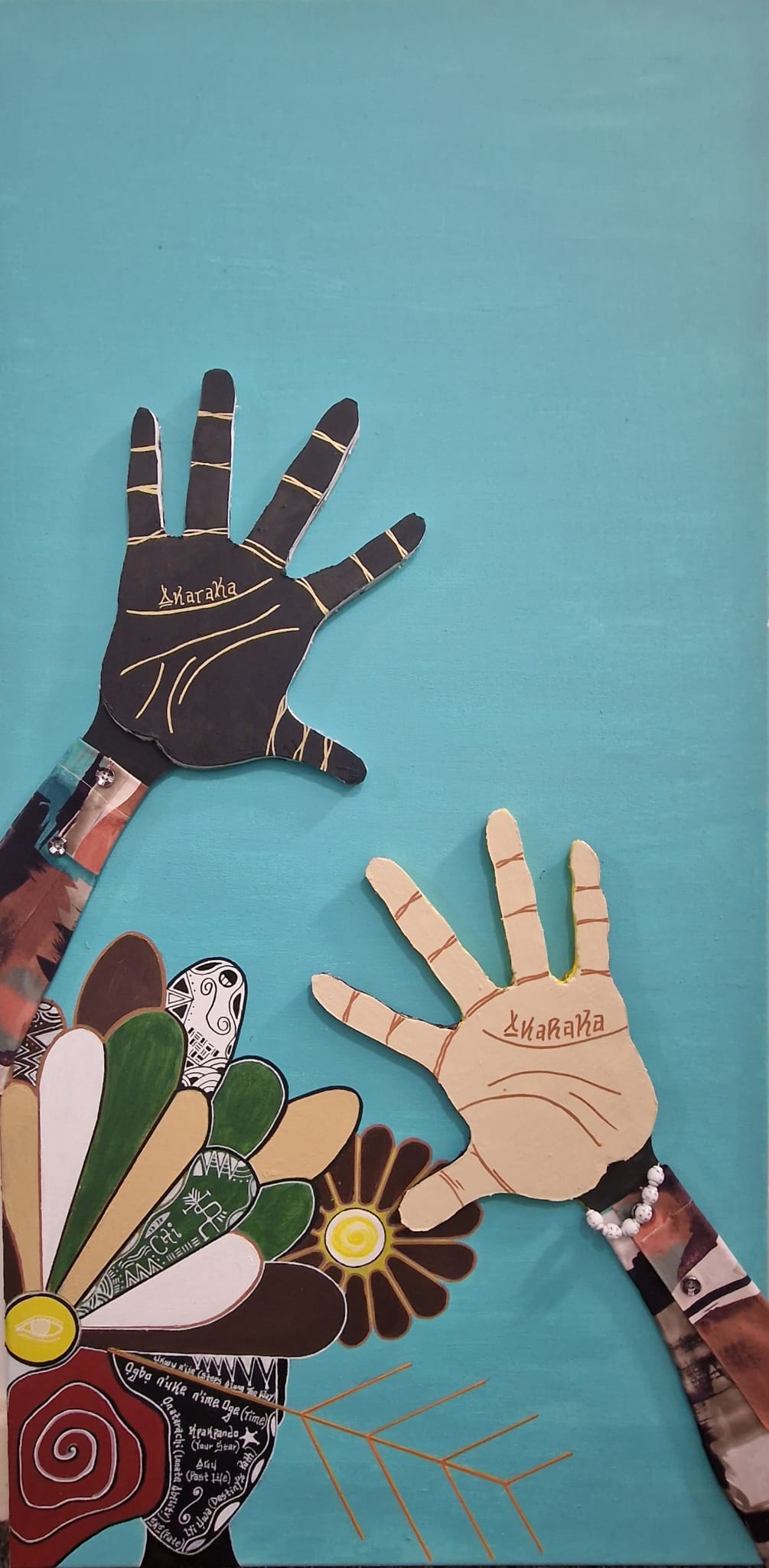

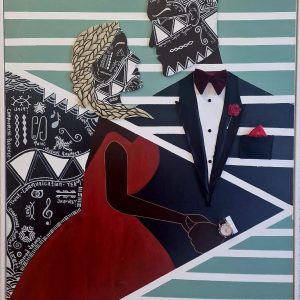
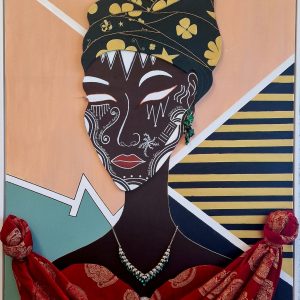
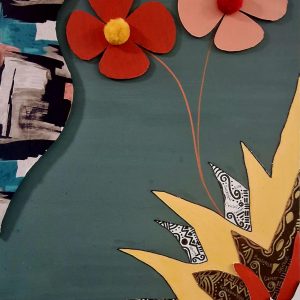
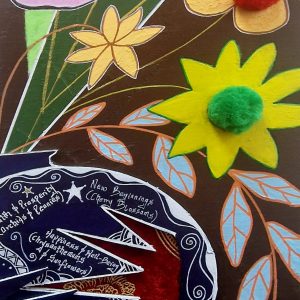
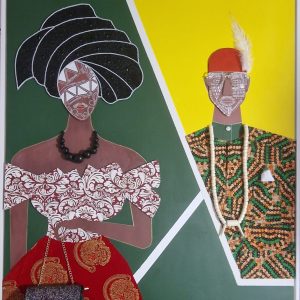
Reviews
There are no reviews yet.